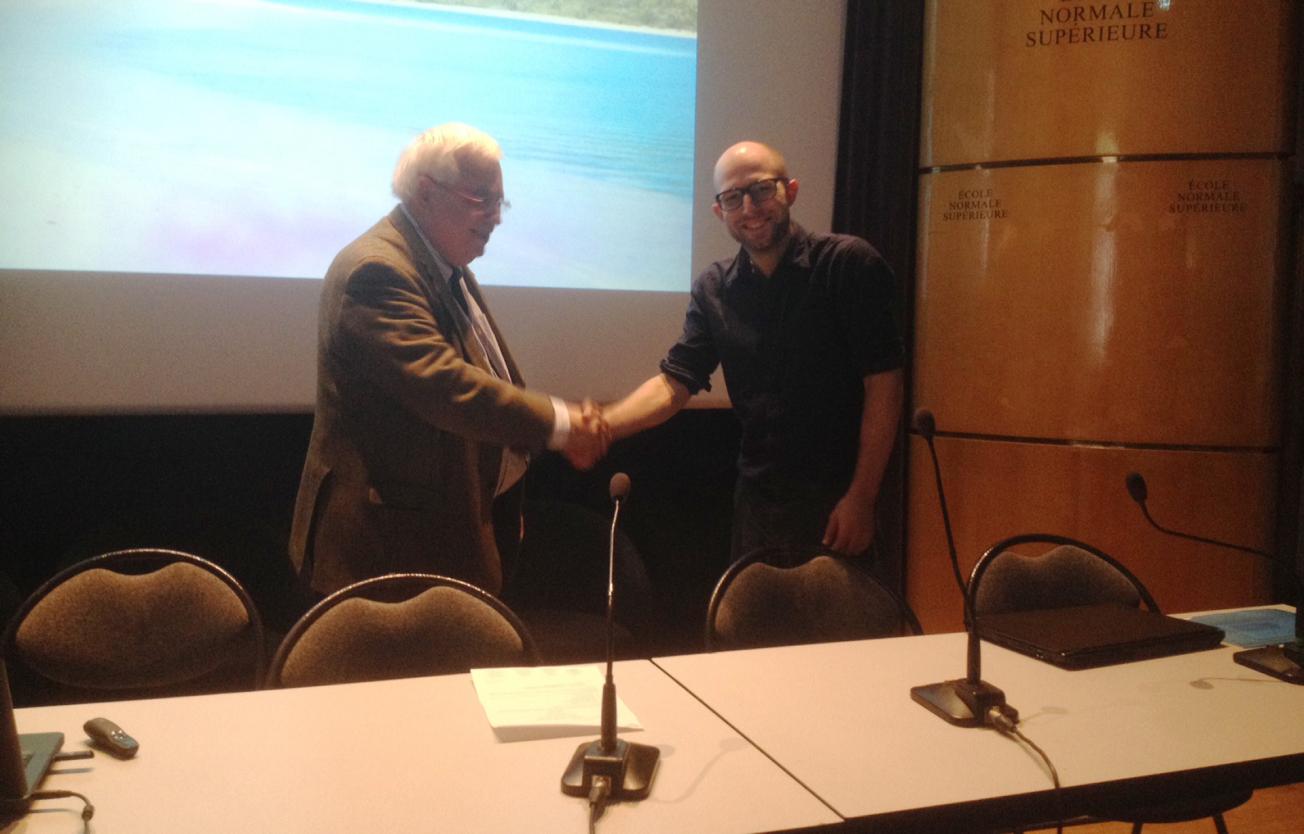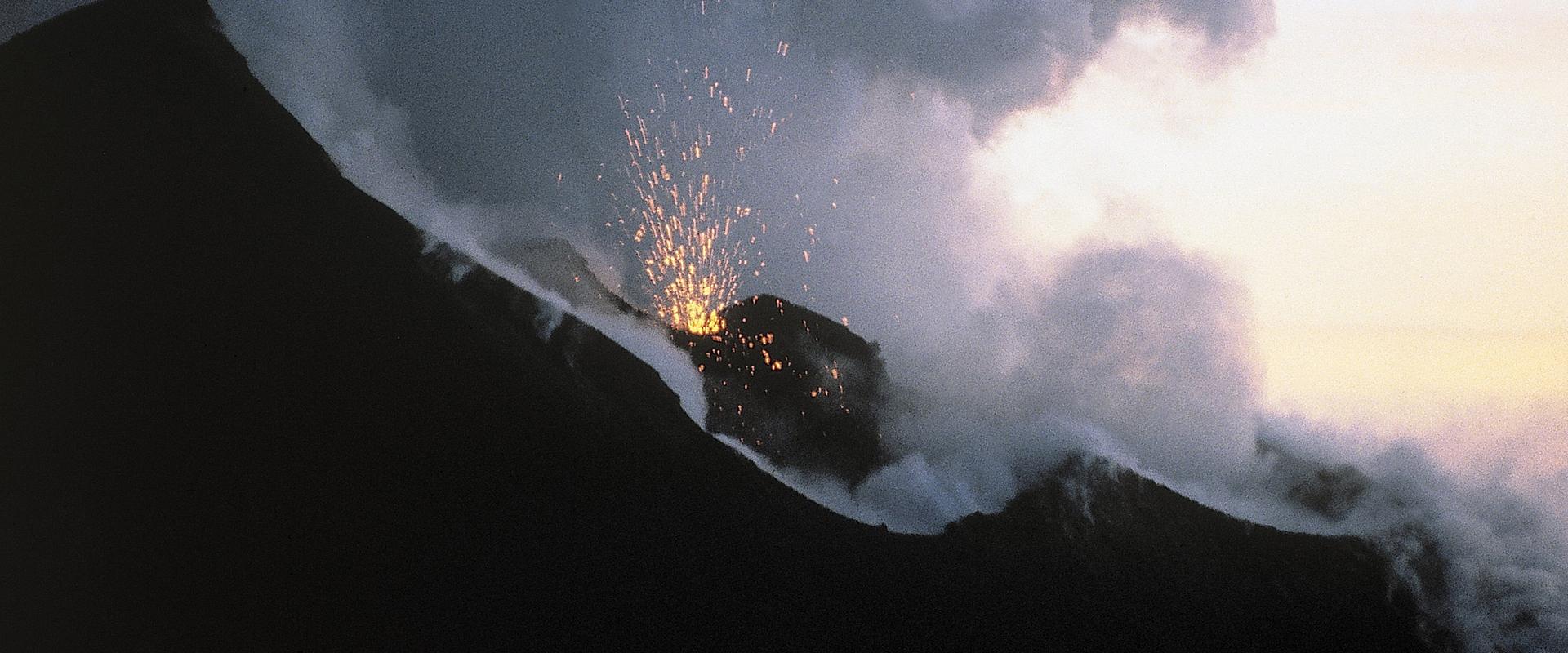
Kévin Jourde, winner of the Roland Schlich Prize 2016 for his thesis on muons in volcanology.
© CNFGG
On 23 March 2017, Kévin Jourde, a seismic scientist at BRGM since 2016, received the Roland Schlich Geophysics Prize from the CNFGG (French National Committee for Geodesy and Geophysics) for his thesis entitled "A new tool to better understand volcanic systems: muon tomography, application to the Grande Soufrière volcano in Guadeloupe".
Defended in December 2016 at the Institut de Physique du Globe de Paris, Kévin’s thesis was supervised by Dominique Gibert (Geosciences Rennes) and Jacques Marteau (Institut de Physique Nucléaire de Lyon).
Kévin Jourde’s career path
After a double engineering degree from the Ecole Supérieure de Physique et Chimie Industrielles in Paris and the Institut d'Optique Graduate School, Kévin Jourde completed two Master's degrees in Fundamental Physics at Paris XI, and in Physical Acoustics at Paris VII.
In 2016, he joined BRGM in the Risk and Prevention Department. He works in the Cavity Risks, Subsurface Development and Imaging Unit, where he carries out seismic field acquisitions and develops inversion algorithms to couple different geophysical methods.
The Roland Schlich Prize
As it has done every year since 1985, the CNFGG awards this prize – renamed Roland Schlich this year – for an outstanding thesis in geodesy and geophysics.
The Geophysics Prize is intended to reward young researchers at the beginning of their careers and to facilitate their applications for jobs with research organisations. It is the only French prize dealing solely with geophysics and is awarded each year to young students who have defended their thesis in a French university, on a subject falling within one of the eight sections of the CNFGG:
- Geodesy;
- Seismology and physics of the Earth's interior;
- Volcanology and chemistry of the Earth's Interior;
- Geomagnetism and aeronomy;
- Meteorology and physics of the atmosphere;
- Hydrological sciences;
- Physical Sciences of the ocean;
- Cryosphere science.







